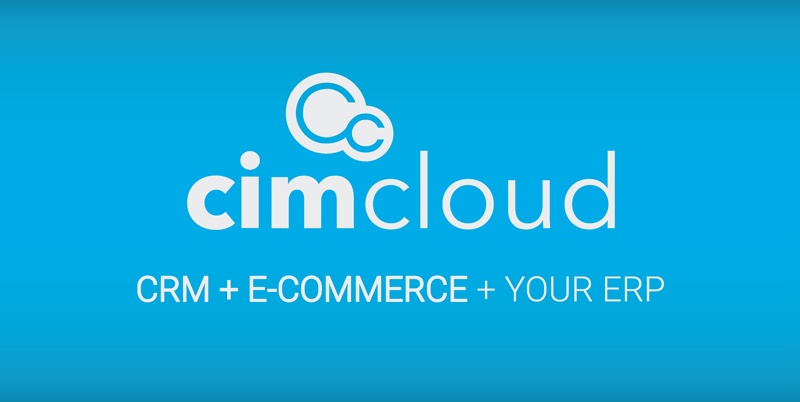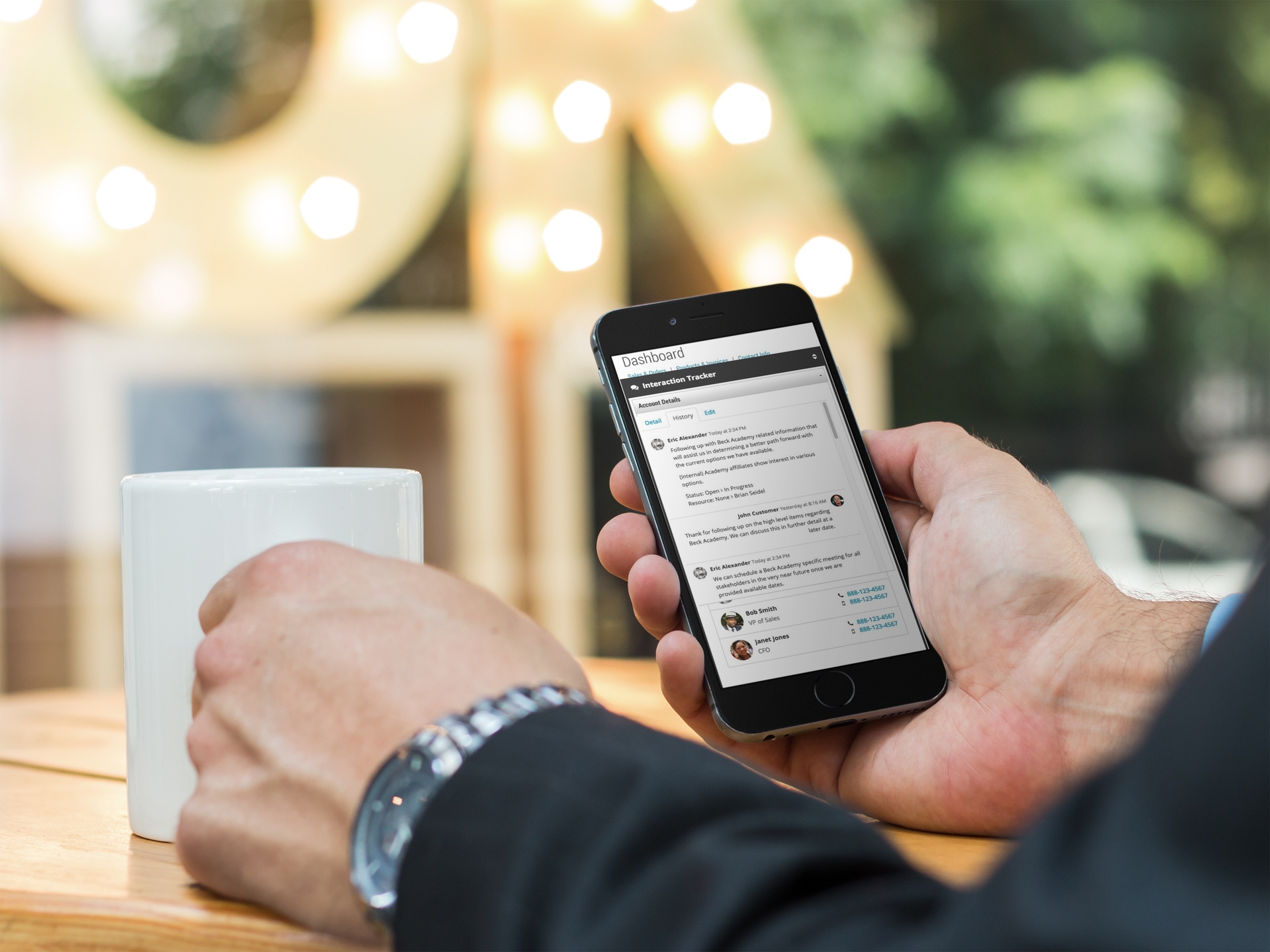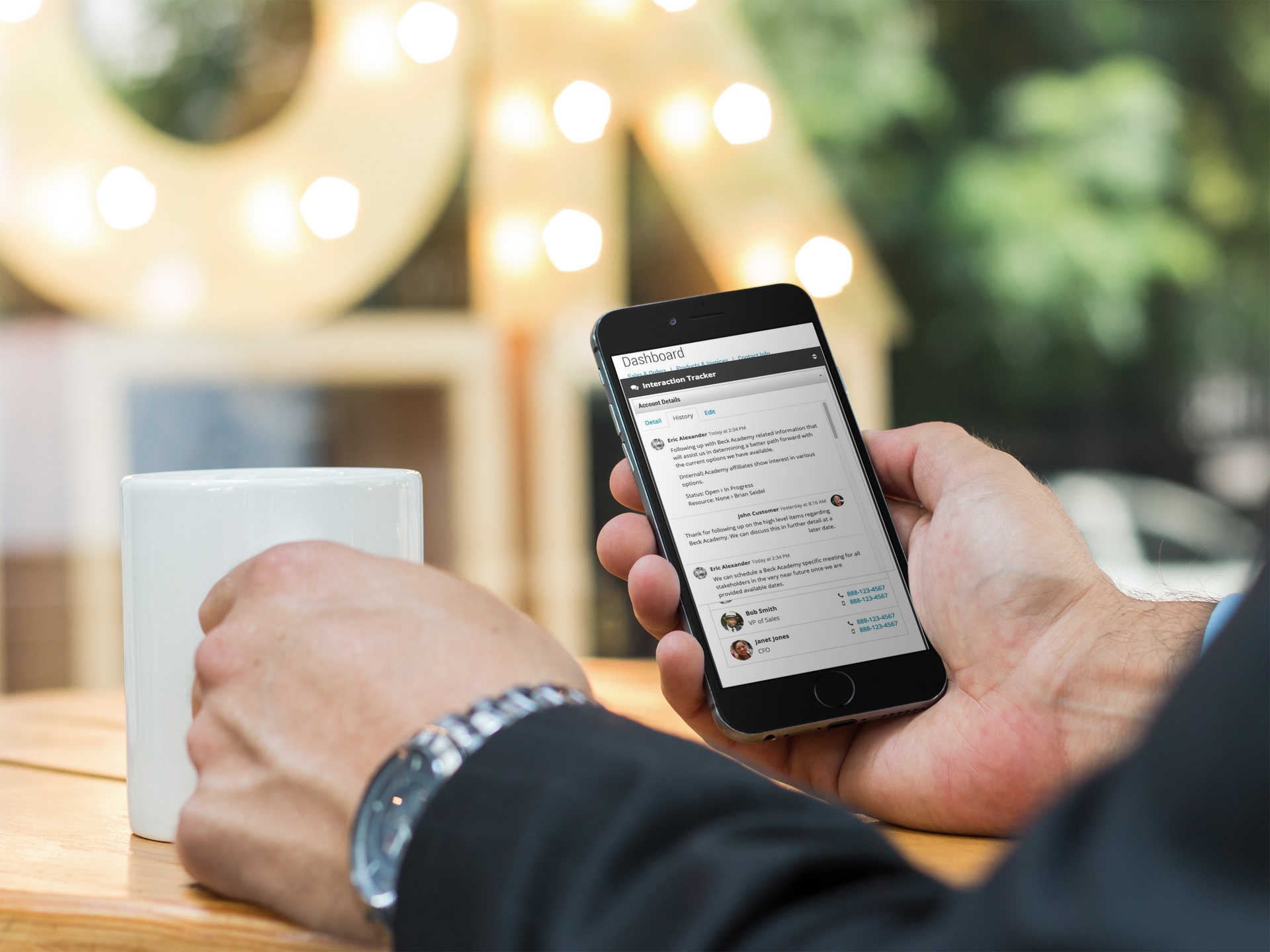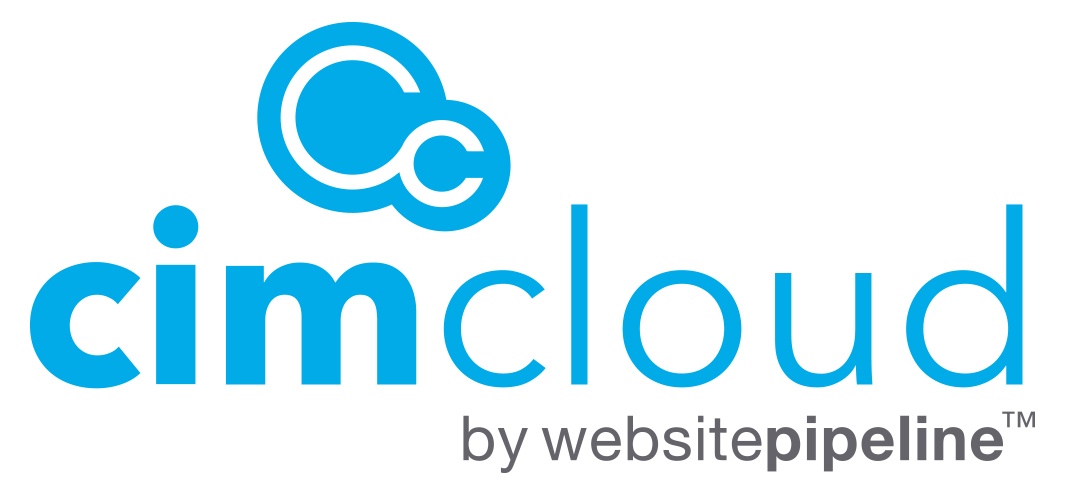So you think you need CRM?
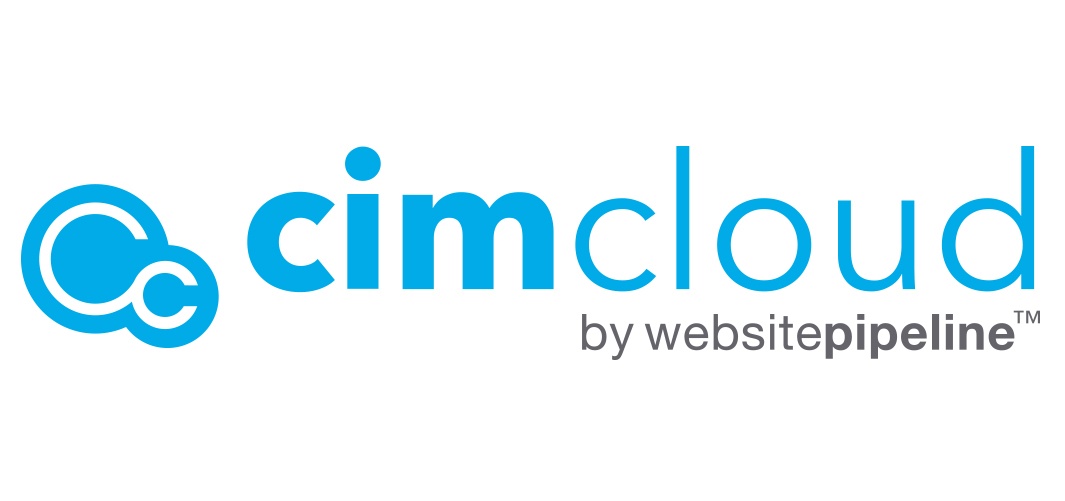
Every company uses CRM, right? Salesforce is everywhere these days, and the promise of CRM is great: providing data and tools for increased sales rep visibility to drive sales and customer relationships.
But does CRM deliver on that promise?
If you haven’t tried CRM software at your company, you’ve probably had many people tell you that you should. If you have tried it, you probably already found the pitfalls of traditional CRM.
CRM has been called the “World’s Most Expensive Rolodex”, and at least one study has shown that most CRM initiatives fail. Why?
Most studies dissecting the failure of CRM projects cite organizational reasons: lack of planning, lack of executive buy-in, lack of adoption, etc.
But talking to companies like you, who interact with customers every day, we’ve found two major factors that cause traditional CRM projects to fail:
- A lack of integration
- A gap in capabilities
No Integration Means Required Data Is Missing
CRM installations are frequently implemented without integrating to other key systems that are used by both employees and customers. Proper integrations across platforms can add massively to project scope and timelines, which is why companies frequently launch without integration.
Capabilities Gap
Many companies purchase CRM software with the intention of use in various parts of the organization - “Customer Relationships” have to do with more than sales, after all. But accounting won’t use the CRM if they can’t view invoices or apply payments. Sales managers won’t use CRM to monitor/manage their teams if performance reporting isn’t there. Customer service reps won’t use the CRM to answer questions about website orders if the CRM can’t display that information.
So do you really need CRM?
Traditional CRM? Probably not.
It’s no wonder that CRM implementations without ERP integration fail.
The CRM doesn’t have the needed pricing, shipping, discount, or tax data - for that, you go to the ERP.
The CRM doesn’t have the needed product data, or the ability to convert quotes to orders - for that, you go to the ERP.
What you really need is Customer Interaction Management software, or CIM.
CIMcloud CRM goes beyond what traditional CRM can do, and has all the benefits of being part of a single connected platform used by employees, customers, and applications.
Your customers and all of your employees use the same data - using tools on the same platform - for all customer interactions.
There’s a lot more to CIMcloud’s CRM, too. Check out our CRM to learn how it has helped our customers.
